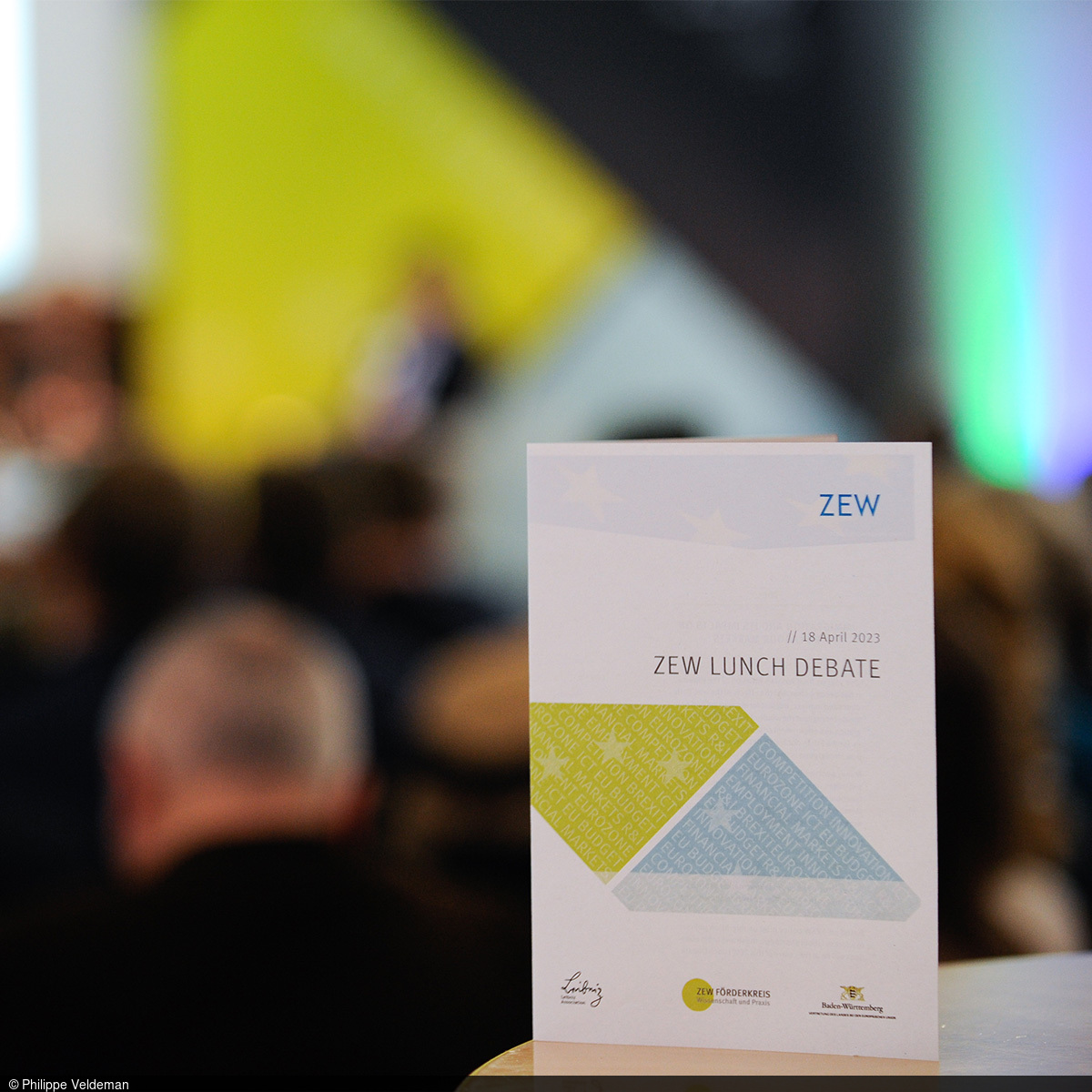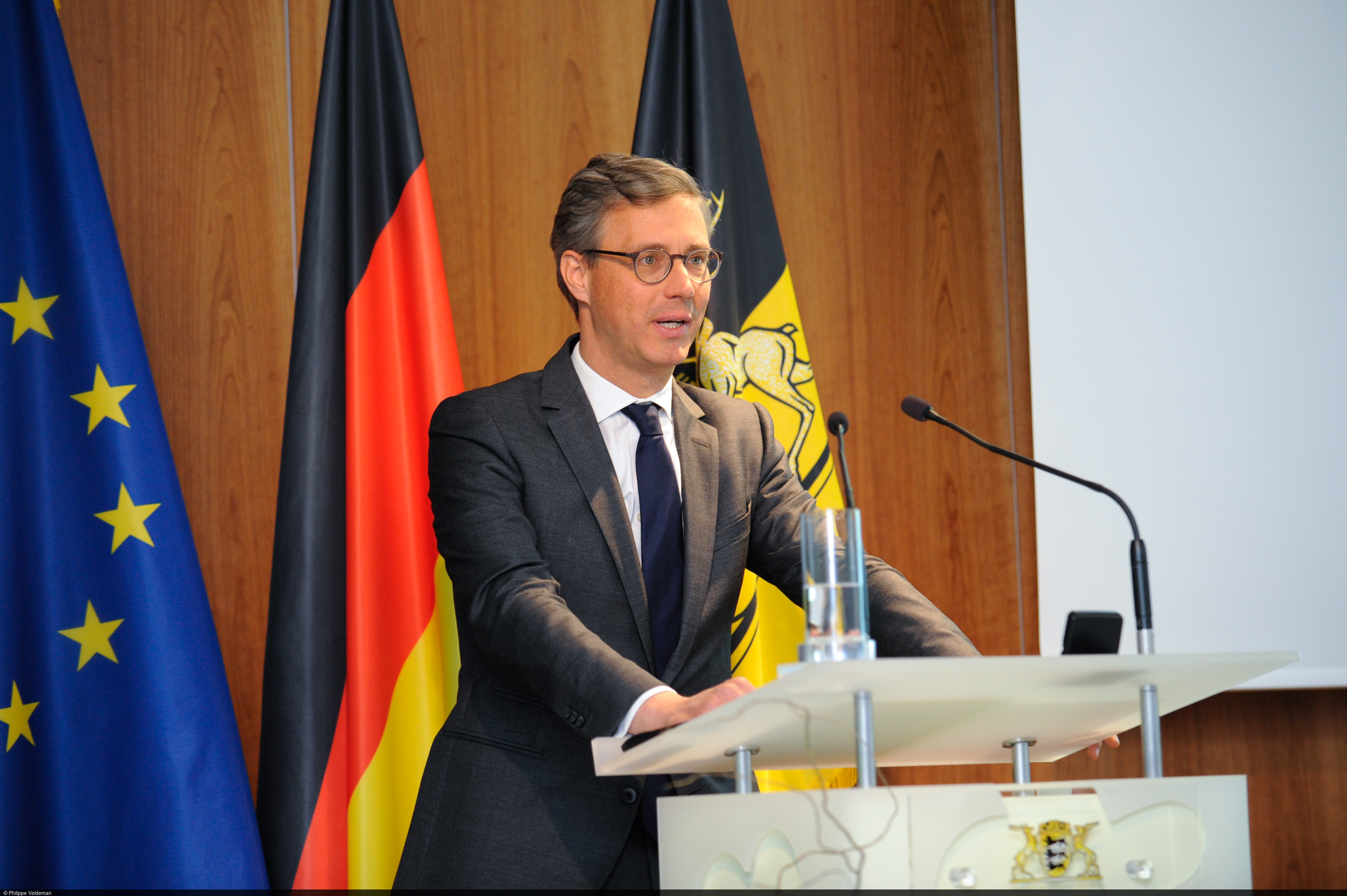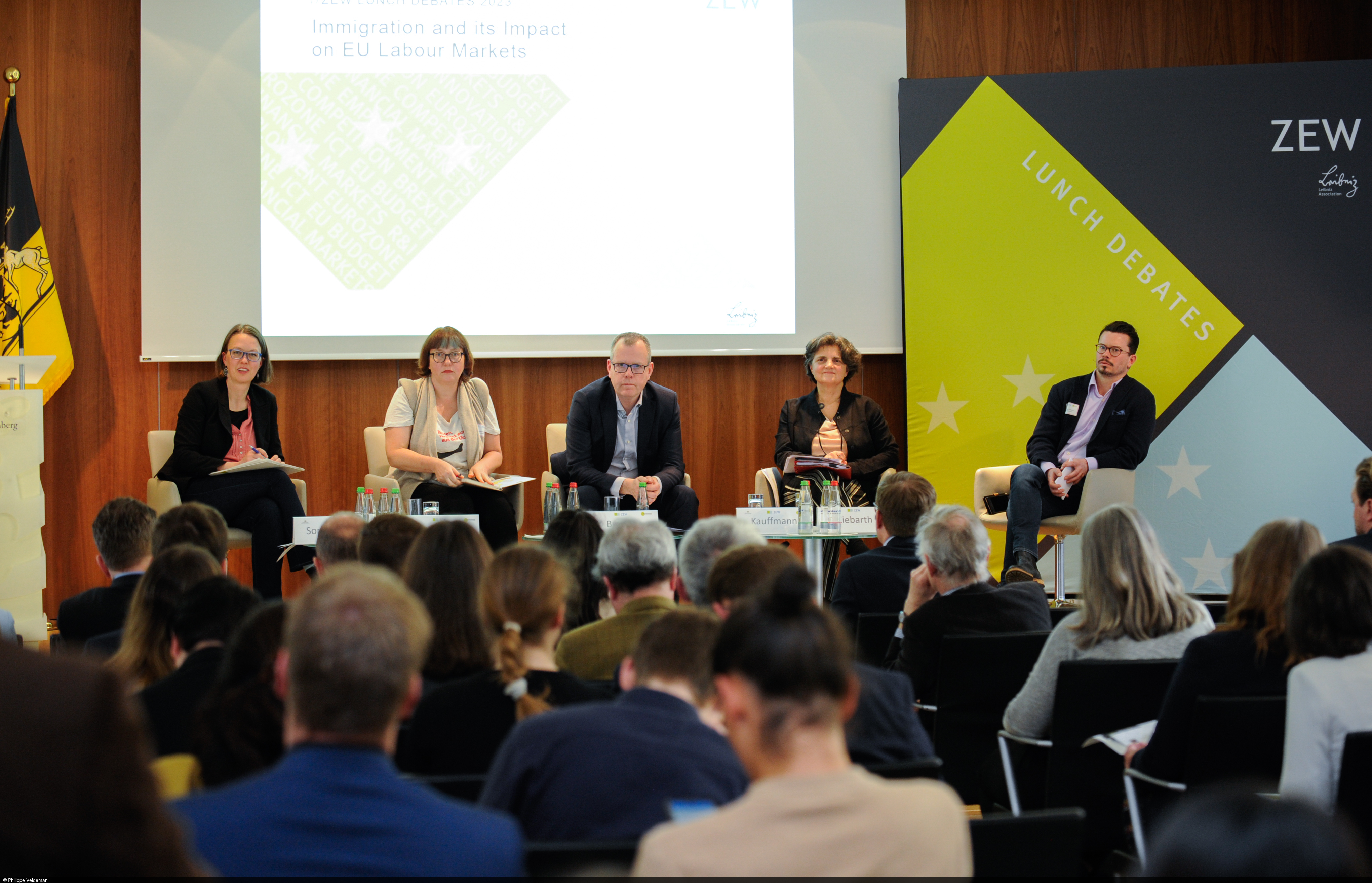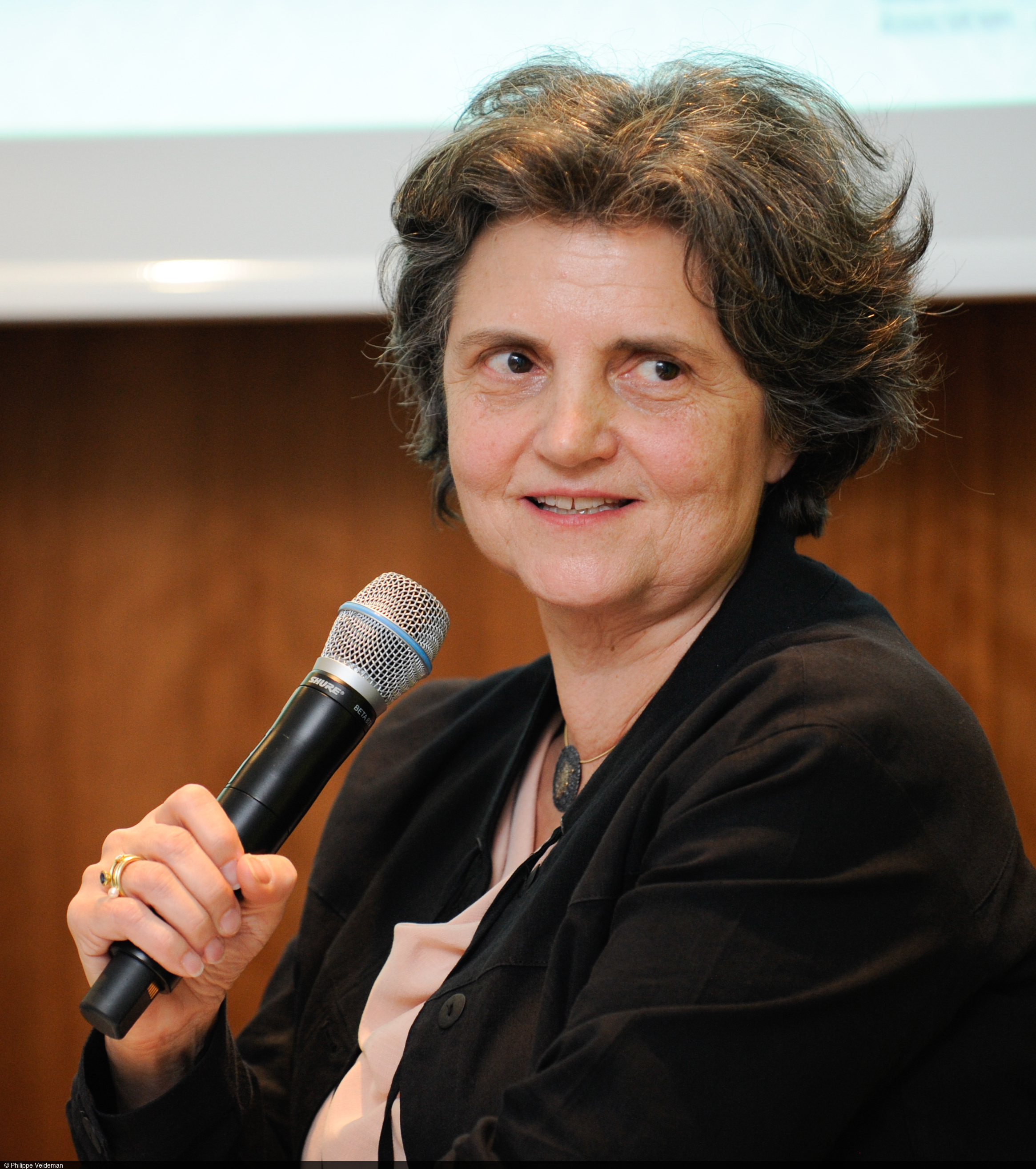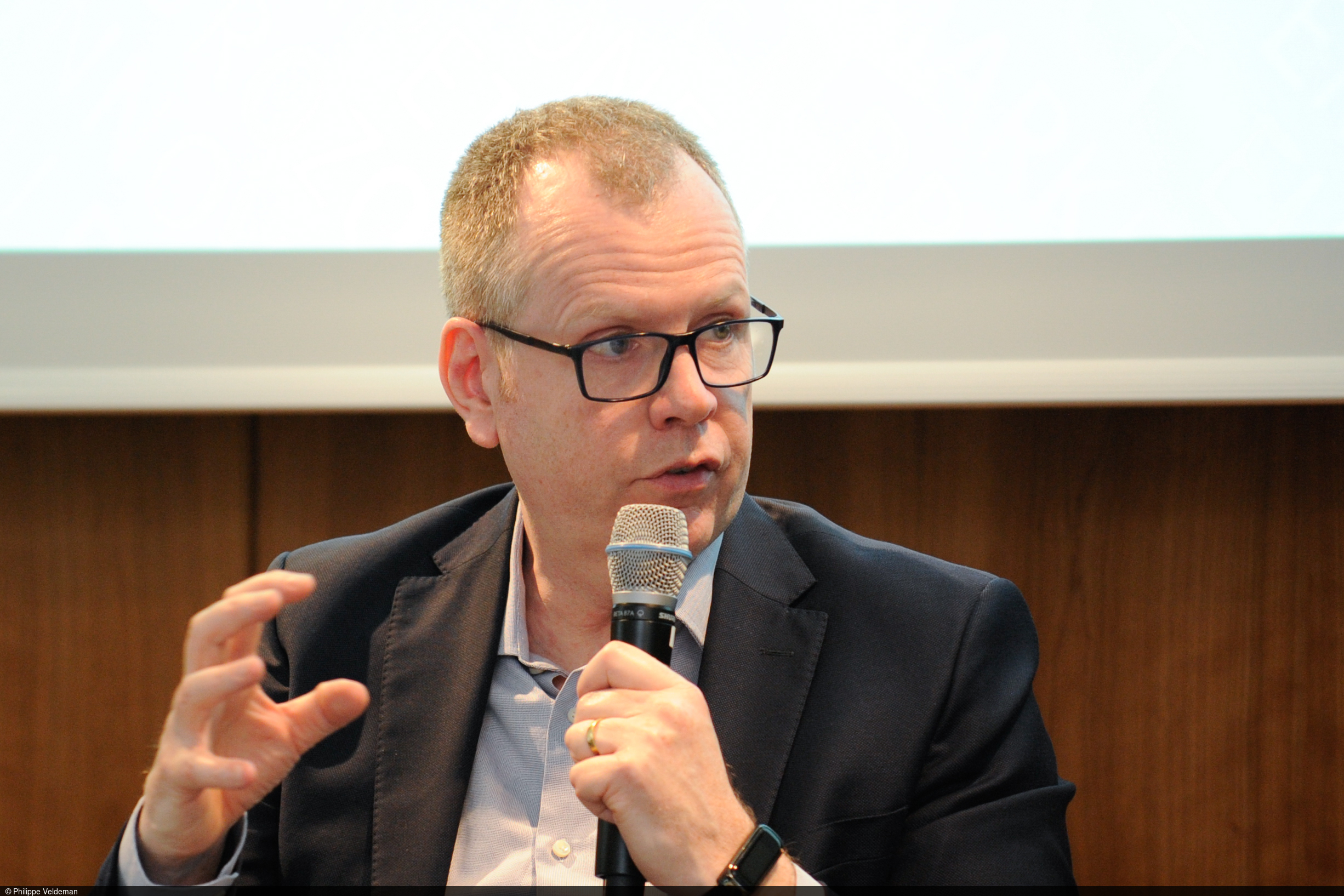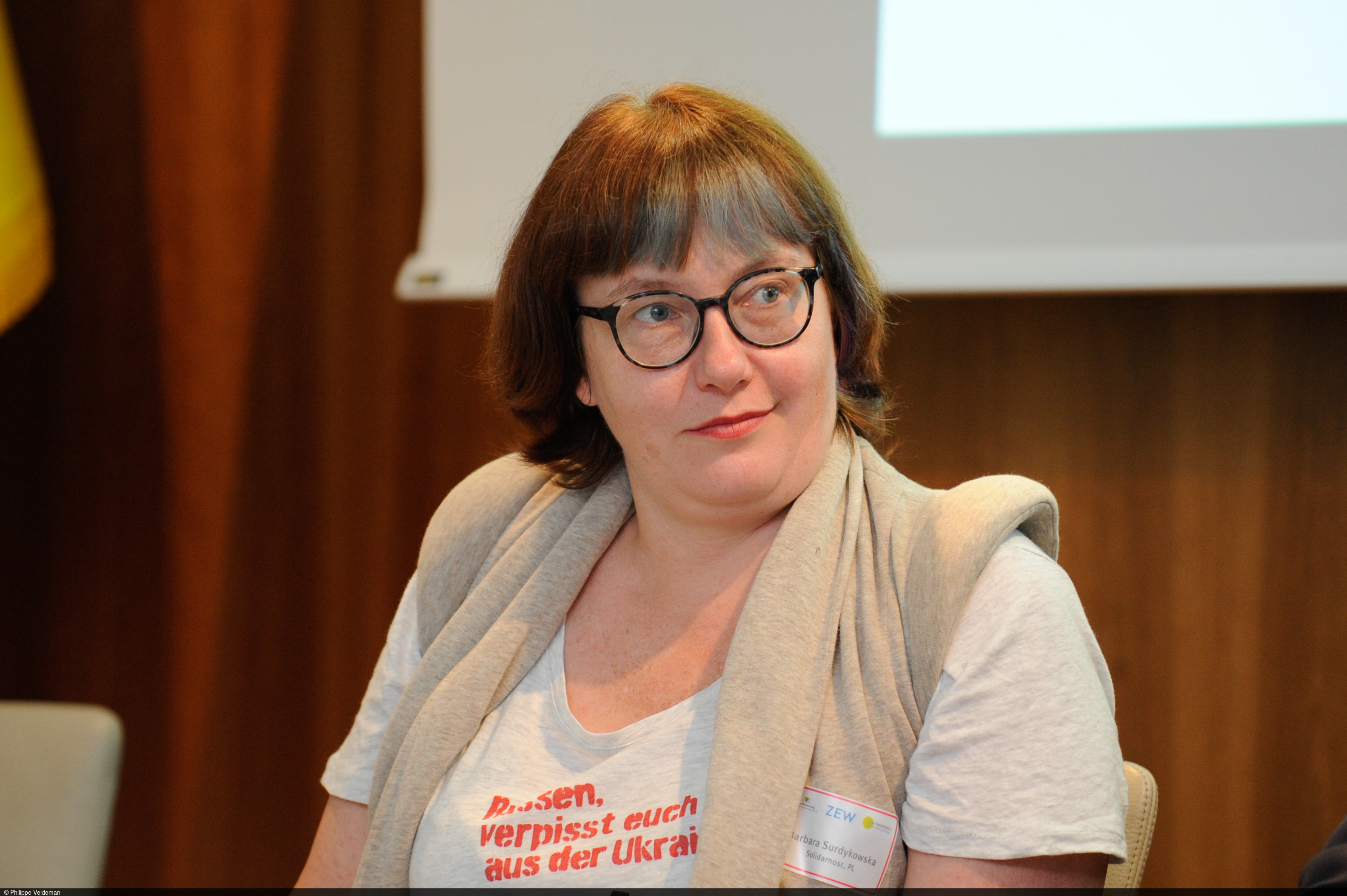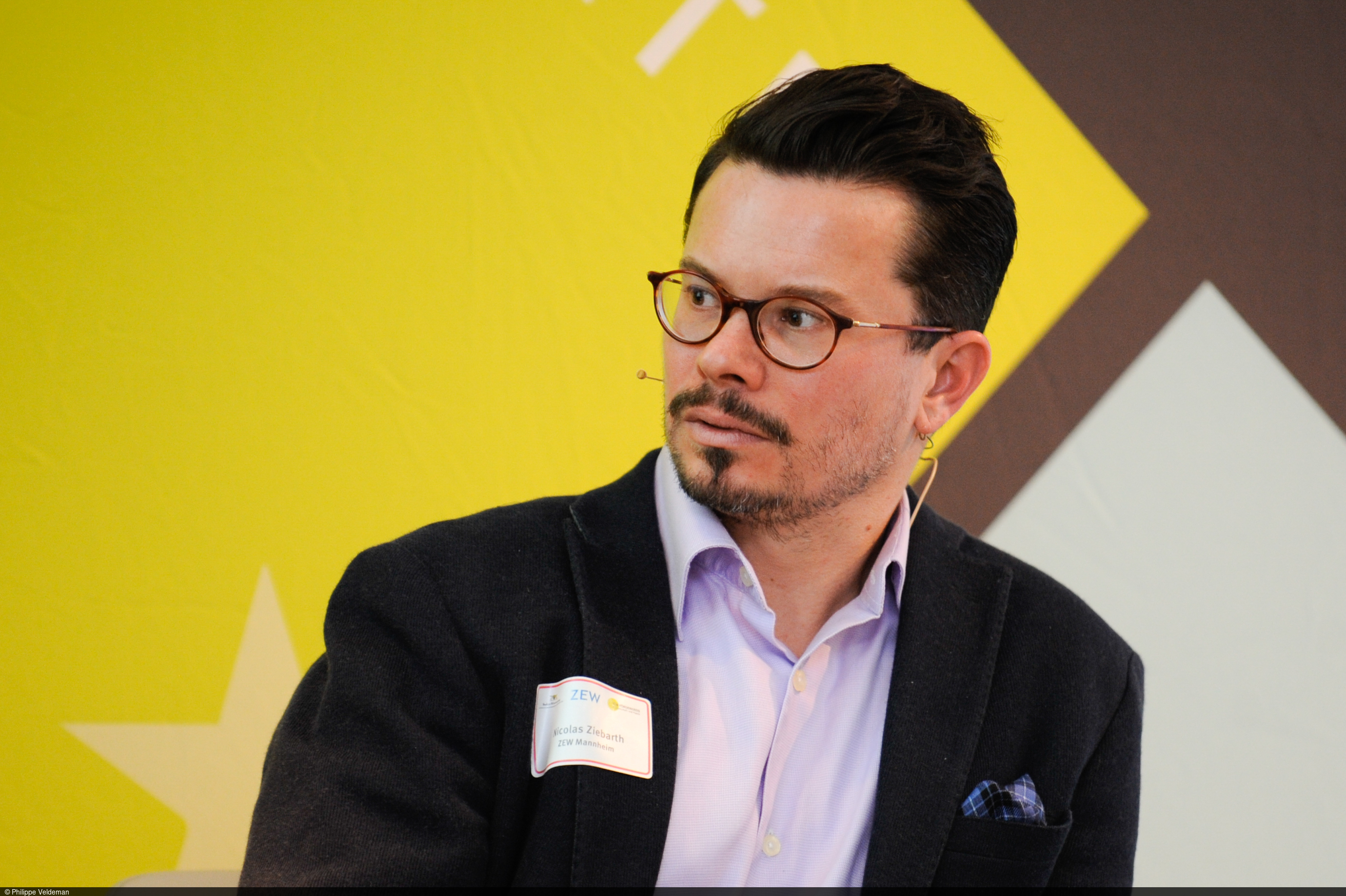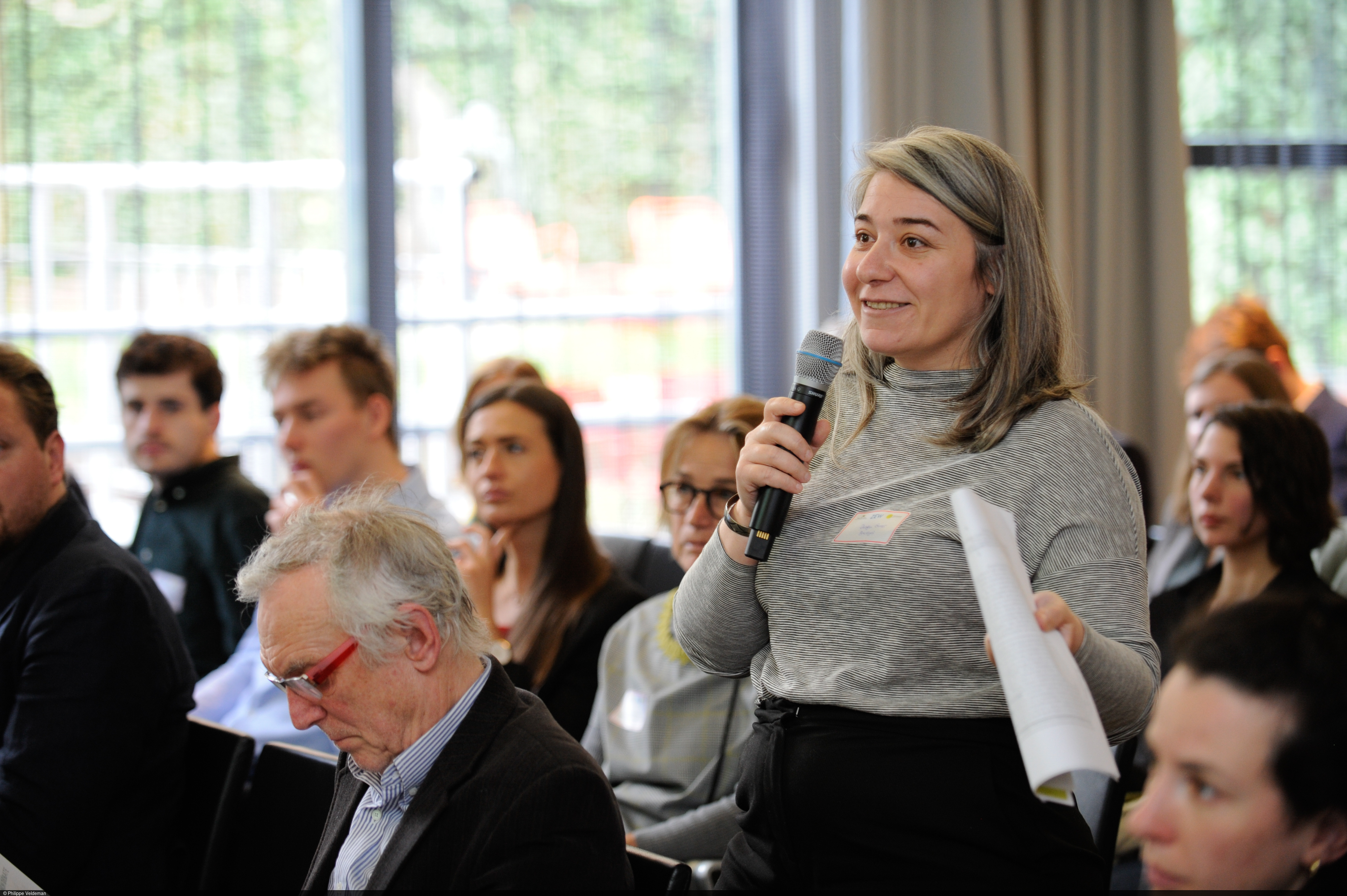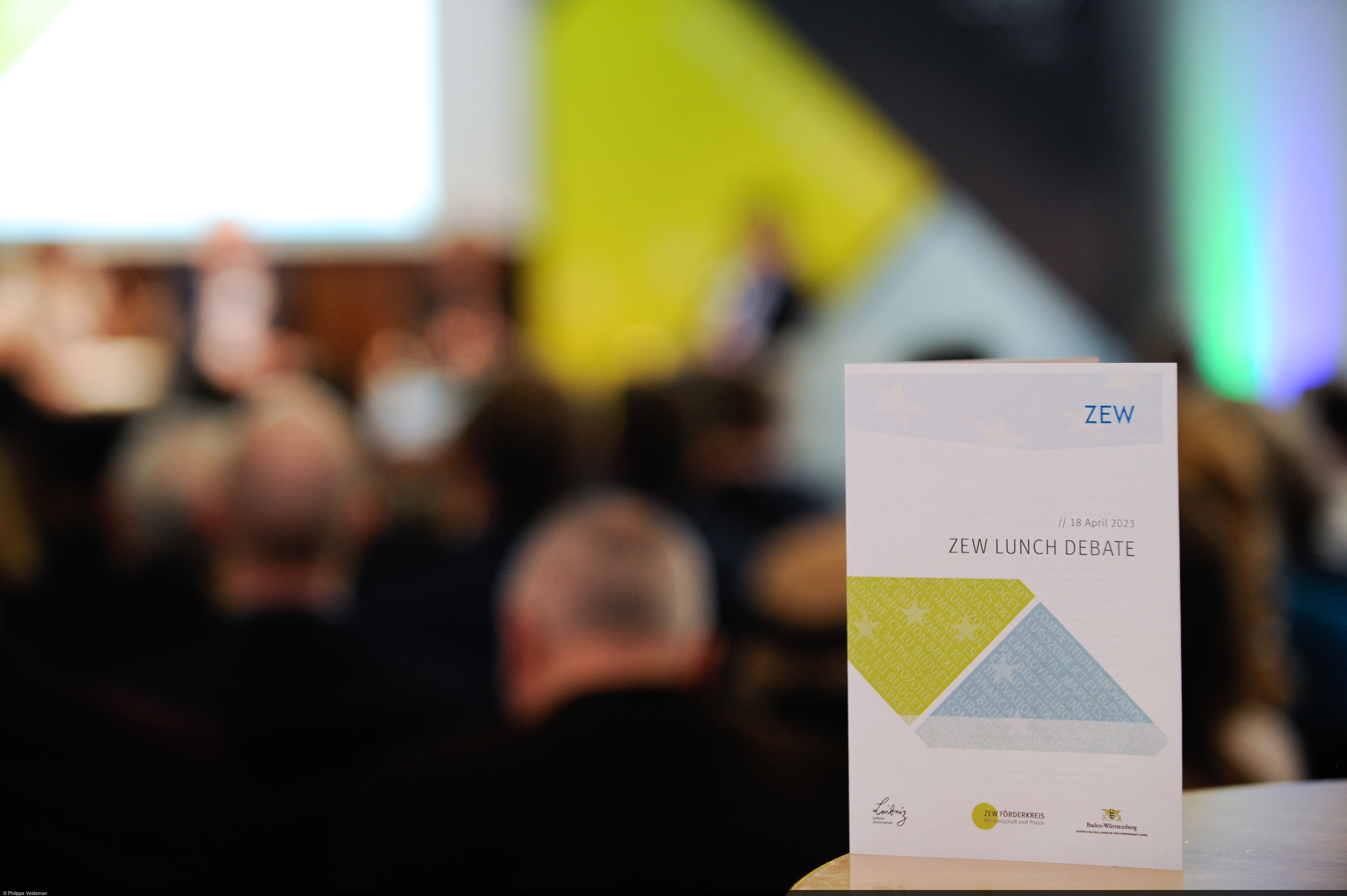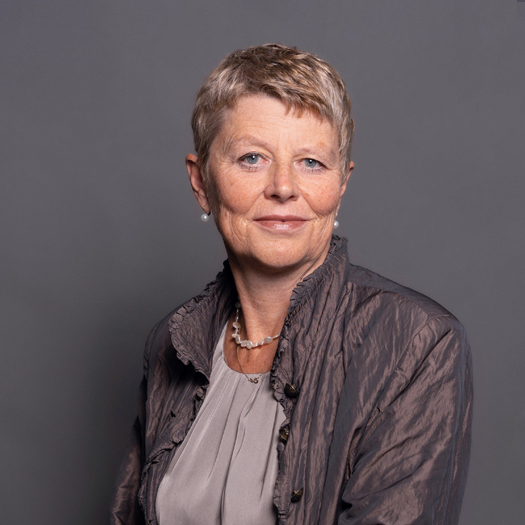Immigration as an Opportunity to Relieve EU Labour Markets
ZEW Lunch Debate in BrusselsZEW Lunch Debate in Brussels Addresses the Impact of Migration on European Labour Markets
In addition to the effects of the Russian invasion of Ukraine, the increasing labour shortage and the issue of migration pose major challenges for the European Union. At the ZEW Lunch Debate on 18 April 2023, experts from the European Commission, trade unions, businesses and academia discussed with around 140 participants how migration is affecting European labour markets and what opportunities and risks it brings. In an introductory keynote speech, ZEW economist Dr. Katrin Sommerfeld pointed out the increasing labour shortage and argued for promoting more immigration, also from third countries, into the EU labour markets.
“Since 2013, the number of job vacancies in the EU has more or less doubled, while unemployment has fallen by half. In most countries there is a shortage of craftsmen, care workers, IT specialists, but also of low-skilled workers in retail, security or the food industry,” Sommerfeld noted. She therefore appeals to promote immigration that covers not only certain qualified professions, but all areas where companies are facing bottlenecks.
After all, low-skilled immigrants also help to alleviate labour shortages by supporting native workers who perform higher-skilled jobs. Sommerfeld cited Germany as an example of a country where immigration seems to have brought some relief: “Eastern European skilled workers have helped to relieve the labour market. They work disproportionately often in professions where there is a shortage of skilled workers. But even this is not enough to fully compensate for labour bottlenecks.”
Clear rules and prospects of staying
This was followed by a panel discussion moderated by Professor Nicolas Ziebarth, head of ZEW’s “Labour Markets and Social Insurance” unit, in which Katrin Sommerfeld, Ben Butters (CEO of Eurochambres), Barbara Kauffmann (Director for Employment at the European Commission’s Directorate-General for Employment and Social Governance, Analysis) and Barbara Surdykowska from the Polish trade union Solidarność exchanged their views.
All participants saw migration as an opportunity to relieve the EU labour markets. Opinions differed on the concrete implementation. While Kauffmann referred to various EU programmes for the integration of migrants into the labour market, Sommerfeld stressed the importance of the criteria according to which immigration is controlled. For example, companies should decide for themselves which workers they need, without bureaucratic hurdles, such as lists of occupations with labour shortages. For Butters, both aspects were important, but he wished above all for more planning security with regard to the prospects of staying. He pointed out that small companies in particular tend to plan for the long term and new hires are costly for them. Surdykowska referred to the problem of wage dumping and demanded clear rules from the EU to prevent this in the future.
In response to Ziebarth’s question about whether refugees could counteract the labour shortage, Kauffmann said that they made a positive contribution to GDP; however, one should not forget that migrants come to the EU because they are fleeing wars and persecution and not because they fit into the EU labour markets. Sommerfeld added the aspect that housing and caring for refugees creates additional employment for locals in the short term.
